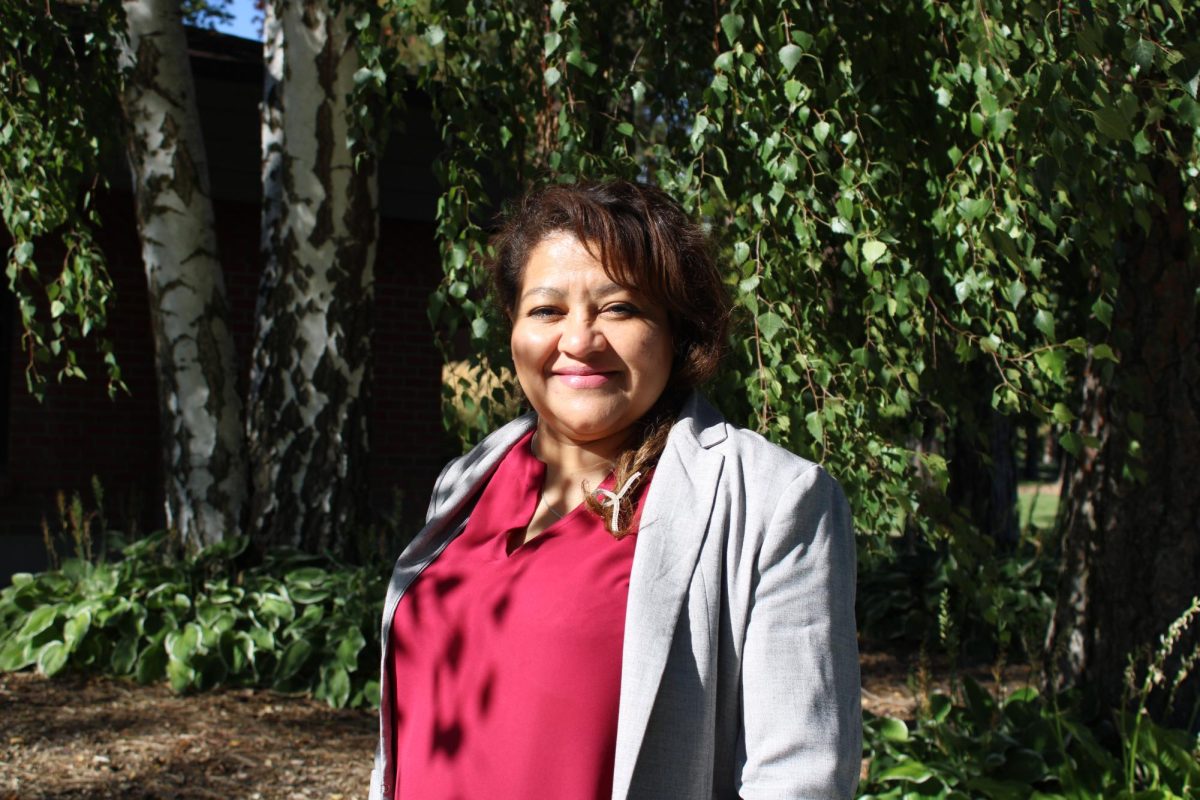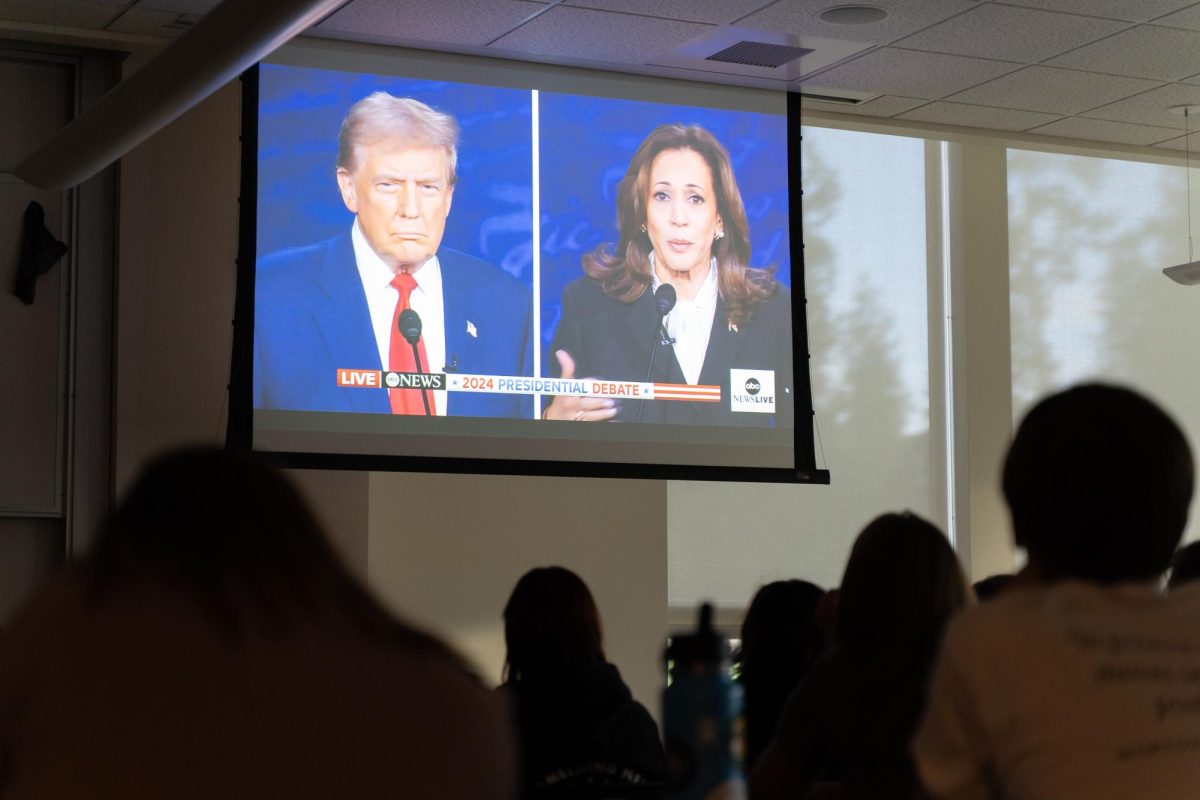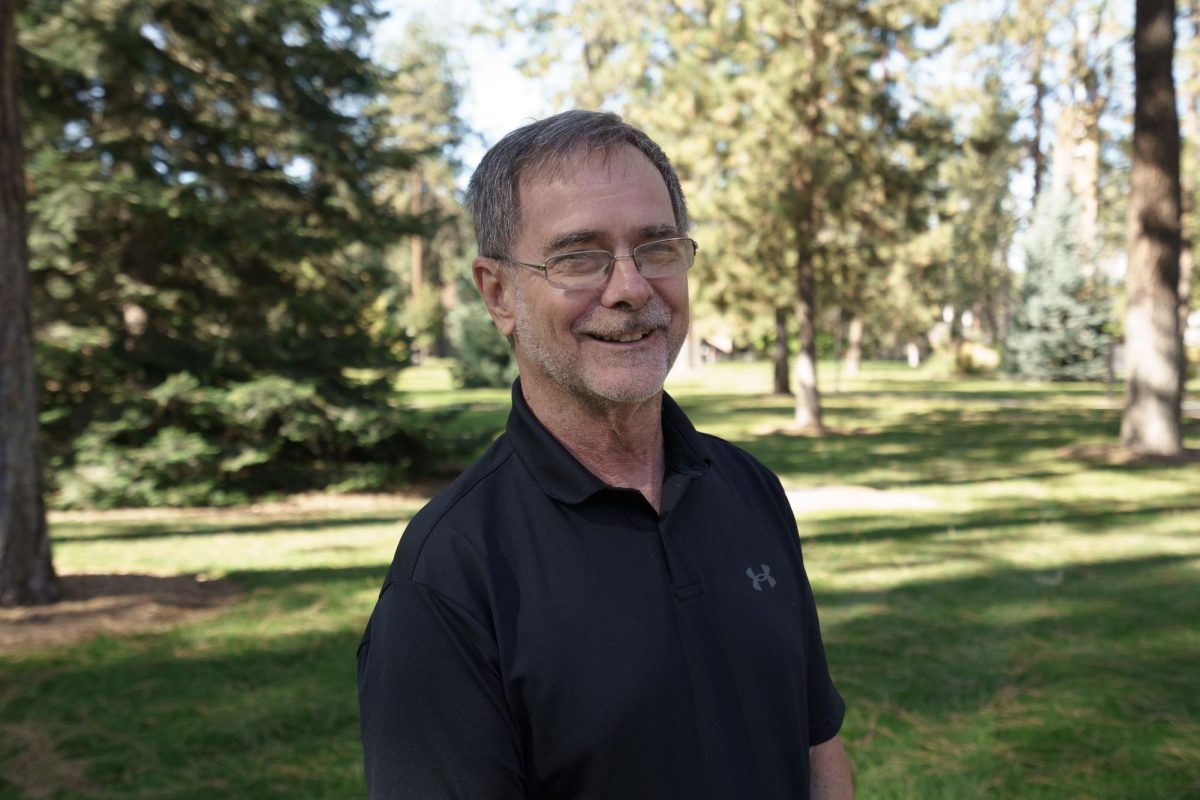In its Nov. 5 meeting, ASWU added new regulations to its FSOPs (financial standards and operation procedures) stating that any ASWU-sponsored transportation of people by fossil fuels will require a small payment to offset carbon emissions.
“In any action that we take when we use fossil fuels—like driving or flying—we are emitting a certain amount of greenhouse gases,”said Sustainability Coordinator Matt Keiper, who was partly responsible for the idea. “In order to be responsible for our direct actions, we need to have an opposite action to offset that.”
ASWU will use the carbon footprint calculator from the company TerraPass to determine how much money is needed to compensate for fossil fuels used. The maximum amount that would be charged is $10, which would offset a roundtrip flight from Spokane to New York, Keiper said. Car rides are offsetted by $1.
Trees eat up carbon dioxide, so the money accumulated during the rest of the year will be used to plant trees or help in similar projects, either through a company like TerraPass, or by ASWU.
“The hope is that through this, people will be more aware of when they’re using fossil fuels, how often they’re driving, and how often they fly and things like that.”
Whitworth has an institutional goal of becoming carbon neutral. Although the goal’s date of completion has not been set, the university needs to start taking steps, Sustainability Committee Chair Patrick Van Inwegen said.
“I think it’s a great idea,” Van Inwegen said. “It helps to put a signal on every transaction that says that our transportation leads to carbon emissions.”
Keiper estimates that by the end of the year, the carbon offsets account will have about $300-$400.
“I’d like to stress that this isn’t an added cost to things, it’s accounting for the cost that we just haven’t been paying,” Keiper said. “When we drive somewhere, we’ve just been deciding not to pay for that.”
The policy change is effective immediately, Keiper said. Although the charge only affects transactions involving ASWU money, ASWU wants to set an example so the university can be more environmentally friendly.
“Hopefully [students] will follow suit,” Keiper said.
Contact Katie Shaw at [email protected]





